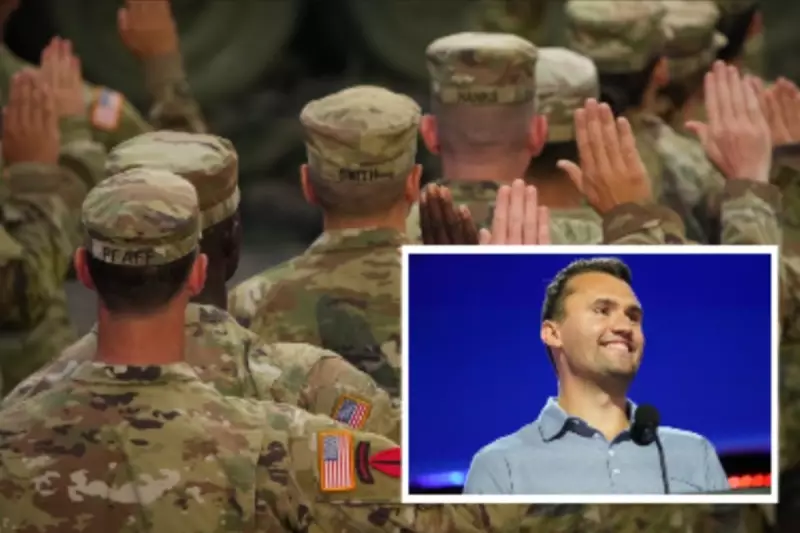
The United States military is confronting its most severe recruitment crisis in half a century, with new figures revealing a staggering shortfall in new enlistments. Senior Pentagon officials are pointing an accusing finger at the toxic political climate and the nation's epidemic of gun violence as primary deterrents for young potential recruits.
In a startling admission, a senior Defence official told The Independent that the situation is so dire that the Army is on track to miss its recruitment target by a devastating 15,000 soldiers this year alone—a deficit equivalent to an entire division.
The 'Charlie Kirk Effect' and Political Poison
Officials explicitly cited the corrosive impact of far-right rhetoric, naming controversial commentator Charlie Kirk. His inflammatory claims, such as alleging the Pentagon is deliberately "purging" conservatives, are creating a deep-seated distrust of the military institution among key demographics.
This political polarisation is having a tangible impact. Potential recruits and their influential parents are now questioning the military's commitment to traditional values, making them hesitant to endorse service.
America's Gun Violence Epidemic: A Barrier to Service
Beyond politics, a more visceral issue is preventing young Americans from signing up: the fear of mass shootings. Pentagon surveys have uncovered a shocking reality—a significant portion of youth are unfit to serve due to trauma directly linked to the nation's gun violence crisis.
"We have a generation that has grown up with active shooter drills. That is not a motivating factor to join the military," one official stated bluntly. The very generation the military needs to recruit has been psychologically scarred by the violence it now associates with firearms.
A Perfect Storm of Challenges
The recruitment collapse is not attributable to a single cause but a confluence of factors:
- A Booming Private Job Market: Record-low unemployment offers attractive alternatives to military life.
- Physical Ineligibility: Only 23% of young Americans meet the physical requirements to serve.
- Mental and Moral Barriers: Past drug use or mental health histories disqualify many, while others object on ethical grounds.
The military's traditional pool of recruits is shrinking from every angle, forcing a fundamental rethink of how it attracts a new generation to serve.





